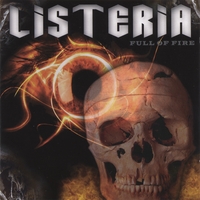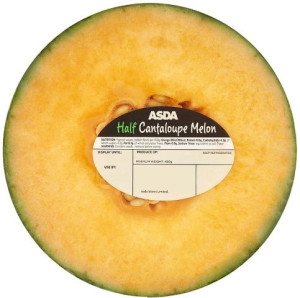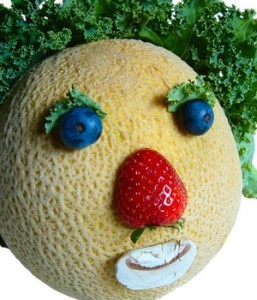When Listeria killed seven people in Australia last year, linked to rockmelon (cantaloupe for you North American types) growers acted like it never happened before and just wanted to get product back on shelves.
 They should never be cut in half, although all retailers do it, and it’s just greed over public health.
They should never be cut in half, although all retailers do it, and it’s just greed over public health.
In the fall of 2011, 33 people were killed and 147 sickened from Listeria linked to cantaloupe in the U.S.
And it keeps happening.k on
The number of people with salmonella linked to fresh-cut melons shipped by Caito Foods has increased, and the Food and Drug Administration has released a list of hundreds of retail outlets that received the products.
The exact source of the imported melons, however, has not been released, and the FDA continues its traceback investigation.
The FDA expanded the list of private-label brands in the outbreak, which was first reported by the FDA on April 12. In its first update on the outbreak, the FDA on April 24 posted the locations of almost 1,500 retail locations that received the fresh-cut cantaloupe, honeydew and watermelon products from Caito Foods, Indianapolis.
The Centers for Disease Control and Prevention also reported April 24 that the number of people who have become ill has risen from 93 to 117 in 10 states. PulseNet, a national network that allows health and regulatory agencies to identify outbreaks, first alerted the CDC about the outbreak on April 2.
The CDC reported illness onset dates range from March 4 to April 8. No deaths have been reported; 32 people have been hospitalized, according to the CDC.
The type of salmonella in the outbreak, Salmonella Carrau, is rare, historically seen in imported melons. Caito Foods told investigators the melons used in the products were imported, according to the FDA.
Caito Foods was linked to a similar outbreak in 2018 involving Salmonella Adelaide in fresh-cut melon products.



